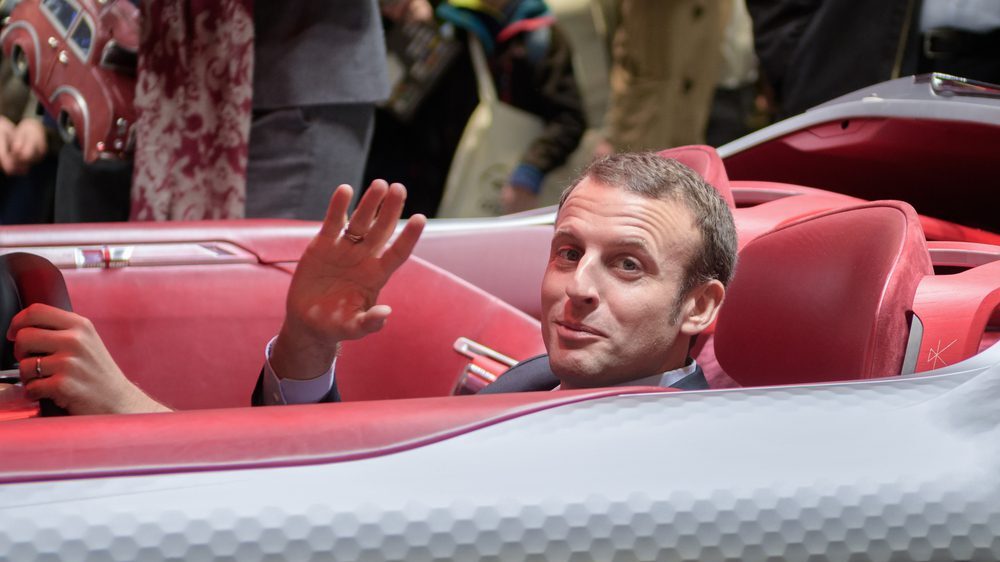
French President Emmanuel Macron.
Photo: Frederic Legrand – COMEO / Shutterstock.com
French President Emmanuel Macron suggested this week, at a gathering of tech entrepreneurs in Paris, that new AI technology could be used to accelerate the processing of newly arrived migrants.
Macron broached the possibility of the “robotisation” of French border policy at the annual VivaTech tech show while bemoaning how behind the times French bureaucracy was in embracing innovation:
What is the main problem we have with immigration? It’s very little a problem of principles, it’s a problem of data processing capacities. We have a lot of people arriving, we have rules that are old and we treat them like at the beginning of the 20th century.
His technology aspirations may run into trouble at the EU level, as Brussels signed off on its much-hyped AI Act to regulate the ethics of AI technology, which specifically blocks the discriminatory use of AI for migration control. The AI Act will also impact the ability of French intelligence services to track down terrorists due to bans on real-time biometric tracking on the grounds of civil liberties.
Macron also announced that France would invest €500 million in AI to counter fears of Anglophone dominance in the emerging technology.
The French head of state is currently battling poor polling numbers in the wake of a protracted dispute over pension reform and a surge in support for right-wing challenger Marine Le Pen. According to Macron, AI can shake up French public services and reduce asylum fraud from those illegally entering the country.
France has been struggling in vain against illegal migration for years and claims that criminal gangs have penetrated and corrupted parts of the security apparatus. Last week’s playground attack by a Syrian refugee in Annecy has shifted public discourse in France back onto migration issues as Macron has led EU-wide calls to better control immigration.
The United States is far ahead of Europe in rolling out new AI-related technology to police its borders.
